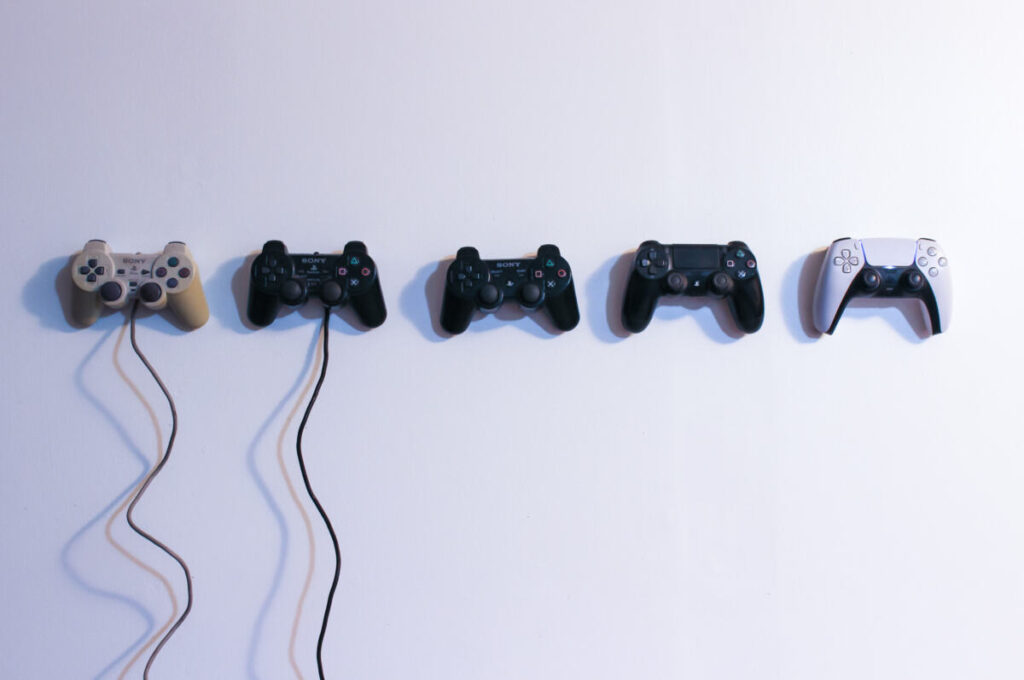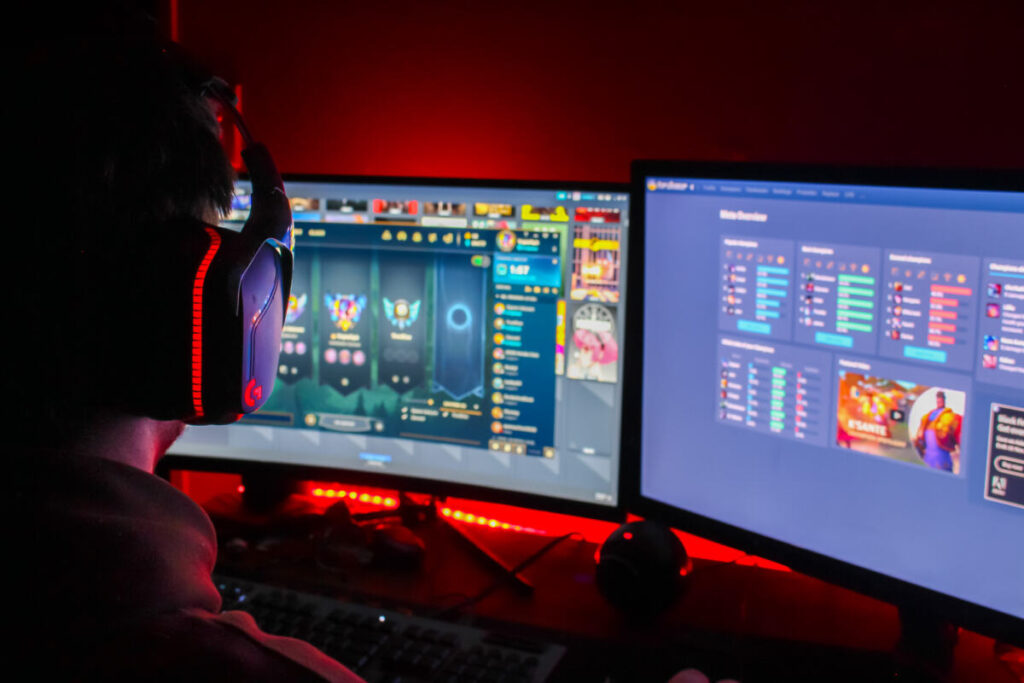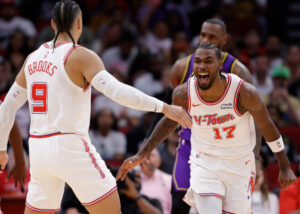The Rise of Esports
Electronic sports, otherwise known as Esports, is a form of competition using video games. The community has turned heads in its now 1 billion dollar market. Organised divisions and tournaments can have players participate solo or as teams in hopes of winning money and popularity.
Professionals in the sport have developed their own form of celebrity status, establishing devoted fan followings through streaming platforms such as Twitch and YouTube. Players can earn massive prizes in competitive video game tournaments generated by the huge fan base watching them.
Like any other sport, most viewers focus on entertainment, while a segment of Esports spectators watch the matches to gain knowledge for themselves to replicate in their own matches.

Competitive gaming commenced in 1972 when consoles became familiar in homes. The very first United States nationwide Space Invaders tournament was held with 10 thousand participants in 1980. In the years following this, there were similar competitions with video games such as Donkey Kong, Street Fighter, Mortal Combat and Goldeneye. The game Starcraft 2 reached over 50 million online viewers in 1998 and prominently made people in and out of the community aware of Esport’s existence.

As the 2000s began, events such as the World Online Gaming and Esports World Cup debut gained enormous traction. The first televised esports event was Halo 2 on the US network in 2006. Broadcasting esports online didn’t prove to be productive until Twitch launched in 2011 when gamers could actively engage with their audiences. In 2014, Amazon acquired Twitch, and League of Legends became one of the most popular Esports games of all time, and it remains so today. In 2011, the League of Legends game had its first World Championship; that same event in 2013 sold out the Staples Centre in Los Angles within minutes of the tickets going on sale. Since 2013 universities and colleges have recognised esports players as varsity-level athletes and offer athletic scholarships around the world. The Esports community is only growing as the year’s pass, with the newer generations having such easy access to video gaming and the ability to watch internet personalities perform for entertainment purposes. In a world where everything and everyone is technology bound, a technological sport will remain triumphant.
Though Esports is a career for some, it can simply be a hobby for others. Jordan Mitchell entered the world of Esports in 2014 when he took his passion for video gaming to the next level.
Jordan Mitchell began playing video games at a young age, the game Halo was one of the first he had shown an interest in, whether it was the game’s impressive graphics, easy controls or fantastic story, everything about it enthralled young Jordan. He moved to Kirikiriroa and started high school, this was when Jordan became surrounded by like-minded people, his friends shared the same enthusiasm about video games that he did.
The group would play online together most nights, competing in video games where the aim is to eliminate all players and be the last team standing. “Several games that I played already had ranked modes built into them, with prime examples being Counterstrike and League of Legends. During high school, we had a few community-based tournaments for League of Legends which my friends and I participated in which continued into university. Because I already played competitive games, jumping into casual eSports made sense to me as the next step.”

Typical gaming tournaments are organised within the community whilst Esports events are planned by the New Zealand Esports Federation and its partners. Entering a team into Esports is easy, anyone with a high enough level in the said game is able to participate, whether or not they are good enough to win is the challenge. According to Jordan, some video games require more tactical planning over one’s skillfulness depending on what you’re playing.
“A lot of preparation goes into the bigger tournaments in order to succeed – things like researching your opponent’s strategy, refining teamwork and general training.”
In situations where there wouldn’t be enough of us to form a team, we would look among mutual friends who were capable and interested, or even reach out to players through online forums or acquaintances we had played with in past games. Jordan reached small-scale success throughout his years of being in the community, placing and earning through solo and team tournaments.
Jordan has since grown older and stopped participating in Esports, though he still follows the community closely. When he finds the time, he enjoys turning on his computer and catching up with his former team.




